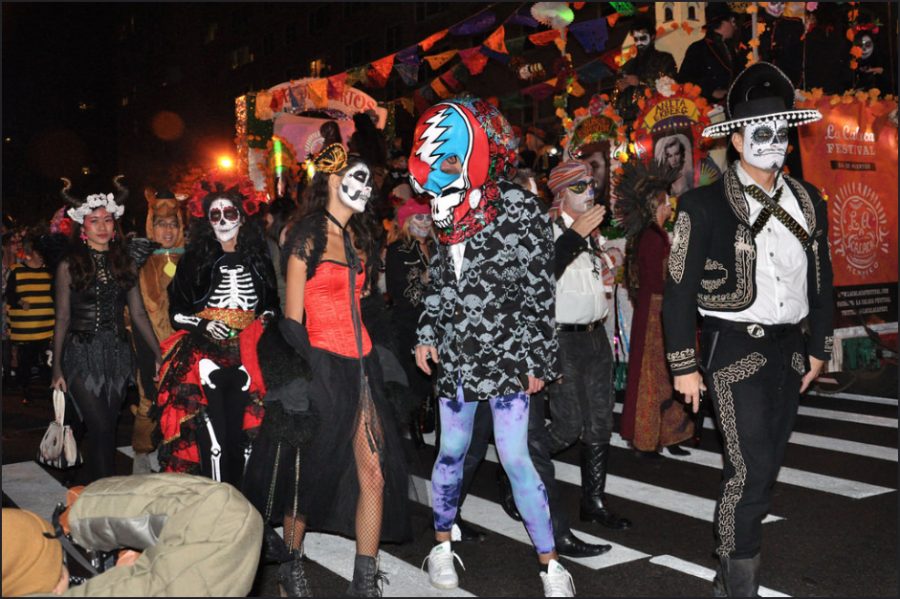With Oct. 31 approaching, I’d say it’s about that time, the time that Americans need to be reminded of what constitutes as an inappropriate Halloween costume.
A costume is an outfit that is funny, expressive, imaginary or completely outlandish.
Some examples of appropriate Halloween costumes are a character from a horror film, a ghost, a Transformer or a 90s cartoon character.
Even the promiscuous angels and demons would be fine.
A costume is not anything that relates to a specific demographic’s culture whether it be race or religion.
Suppose someone wanted to dress as a princess for Halloween, that would be acceptable in theory.
I believe that Disney princess costumes are fair game, but when certain elements infiltrate, that’s when issues arise.
If your Pocahontas costume does not include the clothes she wore in the Disney movie, but includes a traditional native headdress that was not worn in the film, that’s a problem.
If you’re dressed as Princess Tiana, and I have to ask, “is that blackface?” that’s a problem. Before Tiana, black girls such as myself didn’t have a princess whom we could effortlessly portray.
Now imagine if we painted our flesh white whenever we wanted to dress as Cinderella, Snow White, Sleeping Beauty and the many other white Disney princesses.
Although it wouldn’t be considered appropriation or “whiteface,” we would feel that it was unnatural and unnecessary.
Why is it that so many people across the country do not feel these convictions?
Outside of the number of culturally insensitive costumes, the ones involving blackface are the most prominent and reoccurring.
The most pressing thing about it is the insistence on wearing blackface despite seeing so many non-black people fired or suspended over of it.
These stories that appear in newspapers and on social media every October do not even slightly deter the use of such costumes.
The constant reminders that appear on college campuses, urging students to be respectful in their costume choices, only seem to serve as motivation for “culture vultures.” People who steal the characteristics of another ethnic culture.
There are too many people determined to cross clearly set boundaries of cultural appropriation under the guise of creative expression.
I would like to know exactly what these problematic individuals are expressing by dressing up as the people, who in everyday life, are oppressed by people who look just like you.
What creativity lies in painting your face the color of charcoal, wearing buck teeth, speaking with absurd and unheard dialect? The audacity to wear these costumes as if it’s their God-given right, requires insurmountable privilege and blatant prejudice.
The people being mocked and degraded by these outfits have spoken and made clear our feelings about the costumes in question, as well as which ones are acceptable and which ones aren’t. So there shouldn’t be anything further to debate or discuss.
At this point, refusal to give up these offensive costumes is not a result of ignorance or not seeing eye to eye, but of willful insolence.








